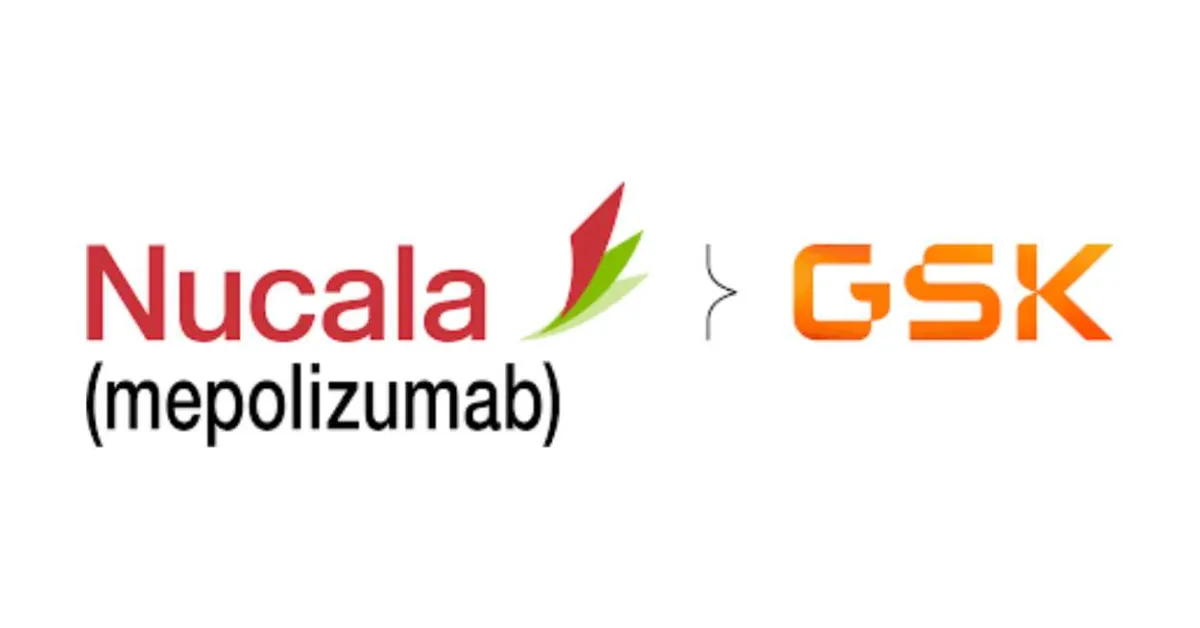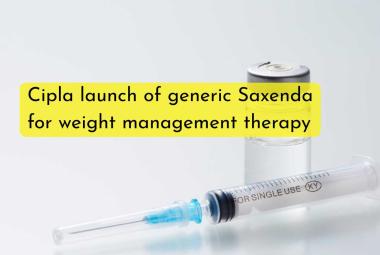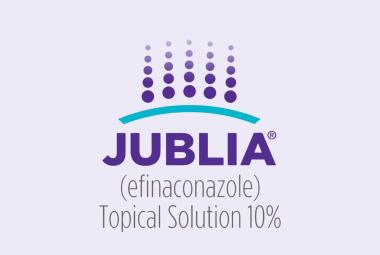GSK plc announced that the US Food and Drug Administration (FDA) has approved Nucala (mepolizumab) as an add-on maintenance treatment for adult patients with inadequately controlled COPD and an eosinophilic phenotype.
FDA’s approval was based on data from the positive MATINEE and METREX phase III trials. Across these trials, mepolizumab showed a clinically meaningful and statistically significant reduction in the annualised rate of moderate/severe exacerbations versus placebo in a wide spectrum of COPD patients with an eosinophilic phenotype. Preventing exacerbations is a key goal of COPD management. Exacerbations are devastating for patients, known to cause irreversible lung damage, worsening of symptoms and increased mortality. The incidence of adverse events was similar between placebo and mepolizumab groups.
Mepolizumab is the only approved biologic evaluated in patients with an eosinophilic phenotype characterised by a blood eosinophil count (BEC) threshold as low as ≥150 cells/µL. BEC is captured by a simple blood test that measures levels of eosinophils, a type of white blood cell which is a biomarker for type 2 inflammation and indicates a patient’s risk of exacerbation. Approximately 70% of COPD patients in the US who are inadequately controlled on inhaled triple therapy and continue to exacerbate have a BEC starting at 150 cells/μL and above. This represents over a million people at risk of exacerbations, including those leading to emergency department (ED) visits and/or hospitalisations, who could add mepolizumab as an option to their COPD treatment.
Kaivan Khavandi, SVP, Global Head, Respiratory, Immunology & Inflammation R&D, GSK, said: “The approval of Nucala in the US provides an important option for COPD patients. Long-term follow-up studies have demonstrated that exacerbations are the single most important predictor of future risk, with particularly poor outcomes in those requiring hospital visits or admissions. Today there is hope for improved care for COPD patients with an eosinophilic phenotype, including those with a BEC threshold as low as ≥150cells/μL who need new options like Nucala to support their treatment journey.”
Jean Wright, MD, MBA, Chief Executive Officer of the COPD Foundation said: “COPD isn’t just a disease, it’s a relentless cycle. For individuals living with COPD, managing exacerbations is an ongoing challenge, even with inhaled maintenance therapy. Biologics like mepolizumab are providing renewed optimism for those affected by COPD.”
In both MATINEE and METREX trials, mepolizumab demonstrated a statistically significant reduction in the annualised rate of moderate or severe exacerbations compared with placebo, in patients with an eosinophilic phenotype, when added to triple inhaled therapy (MATINEE: rate ratio [RR], 0.79; 95% confidence interval [CI], 0.66 to 0.94; P=0.01) (METREX: rate ratio, 0.82; 95% CI, 0.68 to 0.98; adjusted P=0.04).1,2 In a pre-defined secondary endpoint in MATINEE, the annualised rate of COPD exacerbations requiring ED visits and/or hospitalisation was reduced in the mepolizumab group when compared with placebo (rate ratio [RR] of 0.65; 95% CI: 0.43, 0.96 [not statistically significant due to a failure of an endpoint higher in the pre-defined statistical testing hierarchy]). 1 COPD-related hospitalisations are a major healthcare challenge and are projected to become the number one cause of medical admissions.6 Emergency department visits and inpatient care already account for a large proportion of the annual direct medical costs of COPD, costing the US healthcare system around USD 7 billion a year.
Mepolizumab is currently not approved for use in COPD in any other country. Regulatory submissions are under review in China and Europe.














